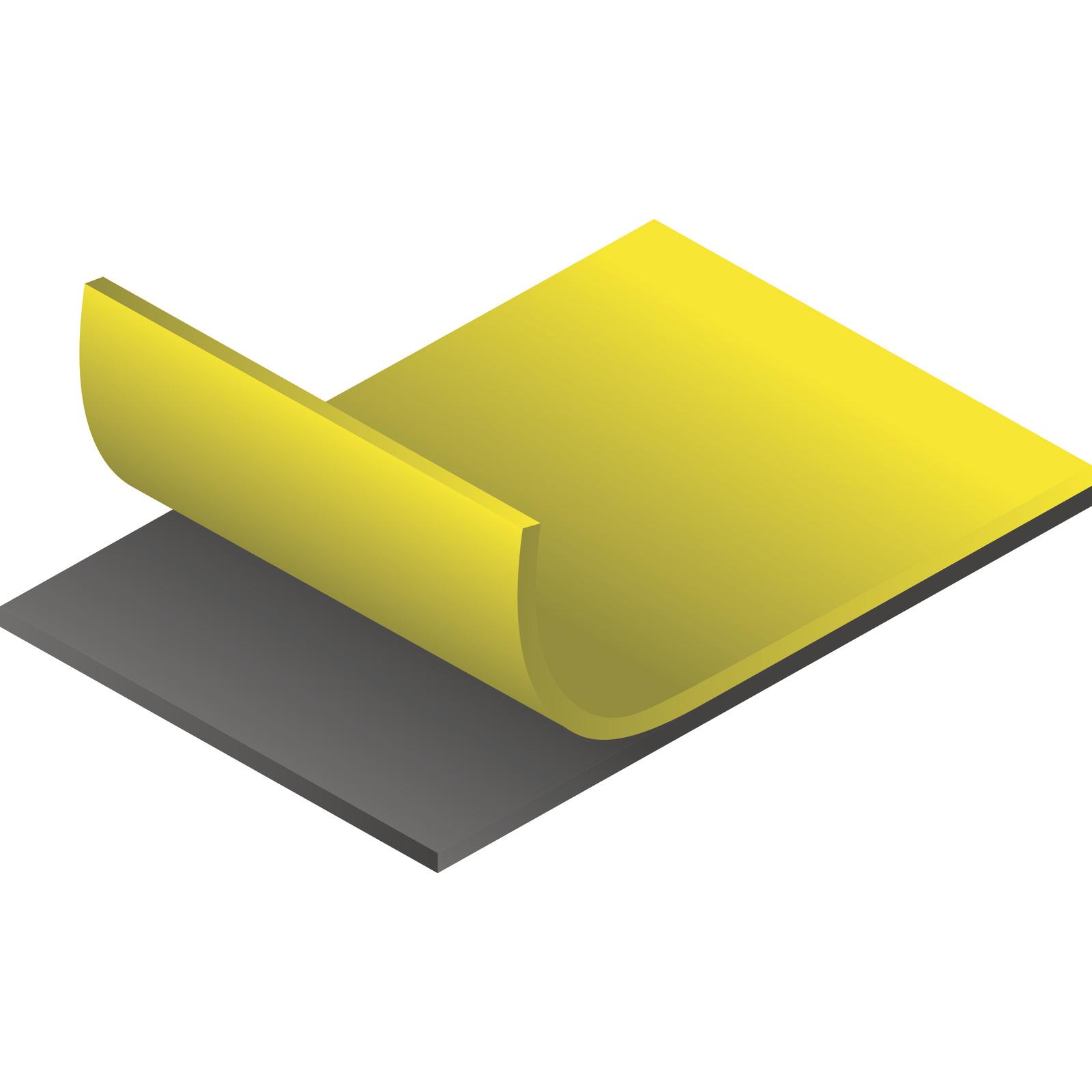The product complies with the European Directive 89/686, notably regarding ergonomics, innocuousness, comfort and with standards :
GLOVE WITH POLYAMIDE PALM – POLYESTER / ELASTHANE BACK – BACK REINFORCEMENTS
Polyester/elasthane back. Polyamide palm. PVC reinforcements on back and palm. Cuff in mesh.
Palm : Polyamid microfibre, thickness
Palm reinforcement : Polyamid/PVC
Back : Polyester / Elasthane knitted
Back reinforcement : PVC
Cuff : Mesh

Tear release fastening: a perfect adjustment.
Limit the problems caused at the wrist during prolonged use

Flexible reinforcements for better impact and pinching protection

Available only with header card
| Reference |
pcb |
Colour |
Size |
| VV902JA10 |
60 |
Yellow-Grey-Black |
10 |
| VV902JA11 |
60 |
Yellow-Grey-Black |
11 |
EN420:2003 General requirements - 5 Dexterity (from 1 to 5)
• Conform to harmlessness (pH, chrome VI levels, etc…).
• Conform to the size charts (see chart on below).
• Pass the dexterity test.
• Conform to the labelling, information and identification instructions.
EN388:2003 Protective gloves against mechanical Risks (Levels obtained on the palm) - 3 Resistance to abrasion (from 1 to 4)
- 1 Resistance to cutting (from 1 to 5)
- 2 Resistance to tear (from 1 to 4)
- 1 Resistance to puncture (1 to 4)
The EN388 standard applies to all types of protective gloves with respect to physical and mechanical aggression from abrasion, cutting from slicing, perforation and tearing.
ABRASION RESISTANCE (1 à 4): Number of cycles required to damage the sample at constant speed.
RESISTANCE TO CUTTING WITH A BLADE (1 à 5): Number of cycles required to cut the sample at constant speed.
RESISTANCE TO TEARING (1 à 4): Maximum force required to tear the sample.
RESISTANCE TO PERFORATION (1 à 4): Force required to pierce the sample with a standardized punch.








